These words of wisdom from Pema Chodron demonstrates the fundamental ambiguity of being human. To experience our true nature, we must let go and not struggle or resist change.
Change is one of the most fundamental physical laws of the universe. We live in an emerging universe where nothing is static. Under the influence of gravity, dust clouds collapse to become stars, planets and galaxies. We are here because two generations of supernovae imploded in this region of the galaxy.
Buddhists recognize this law and call it impermanence. It is one of the distinguishing marks of existence. The Buddha stated, “All conditioned things are impermanent.”
Since everything in our lives is constantly changing, we really don’t have anything to hold on to. Yet all of us seem to want stability. We like things just as they are. We resist change and then we suffer. We don’t even know why we are suffering.
 |
|
|---|---|
|
Compassion Demands Engagement | January 10, 2015
When we resist change, it’s called suffering. But when we can completely let go and not struggle against it, when we can embrace the groundlessness of our situation and relax into its dynamic quality, that’s called enlightenment, or awakening to our true nature, to our fundamental goodness. Another word for this is freedom—freedom from struggling against the fundamental ambiguity of being human. Pema Chödrön, “The Fundamental Ambiguity of Being Human” |
When we look deeply into the wisdom of impermanence, we get a breath of fresh air. We feel the freedom of allowing life to be just as it is. We can allow our lives to emerge with a feeling of equanimity. In the words of the ancient Sufi masters and Rabbis, “This too shall pass.” With this kind of insight, we can transform our suffering and really enjoy life.
What do you think about all this? Are you able to “embrace the groundlessness of our situation?”
Books by Pema Chodron
 |
Living Beautifully: with Uncertainty and Changeby The best-selling author and spiritual teacher shares practices for living with wisdom and integrity even in confusing and uncertain situations. |
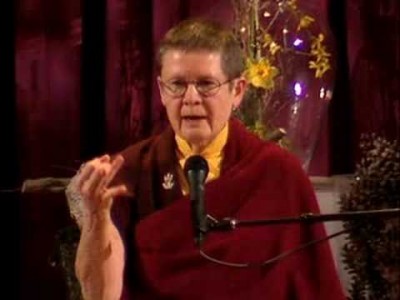




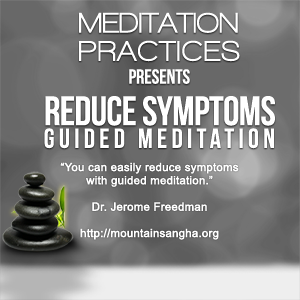
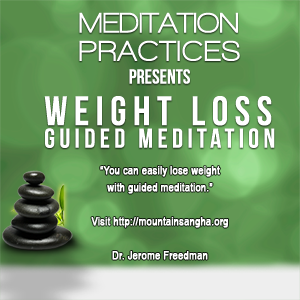
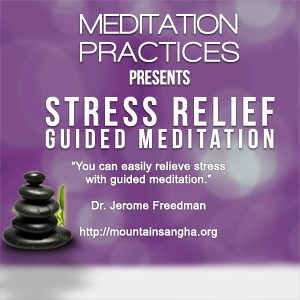
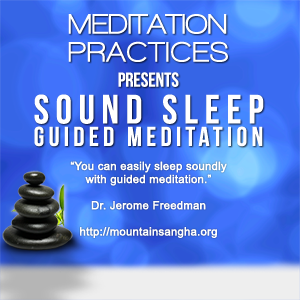
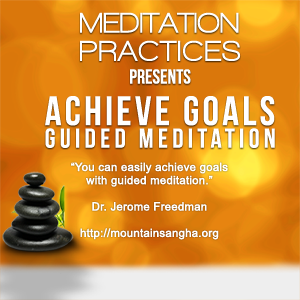

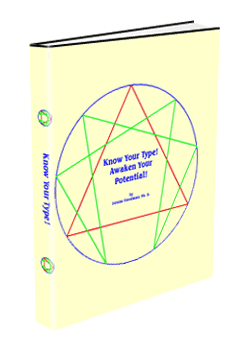

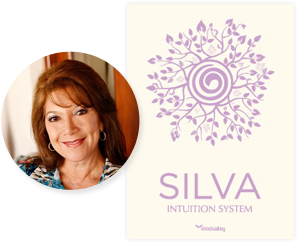
You must be logged in to post a comment.